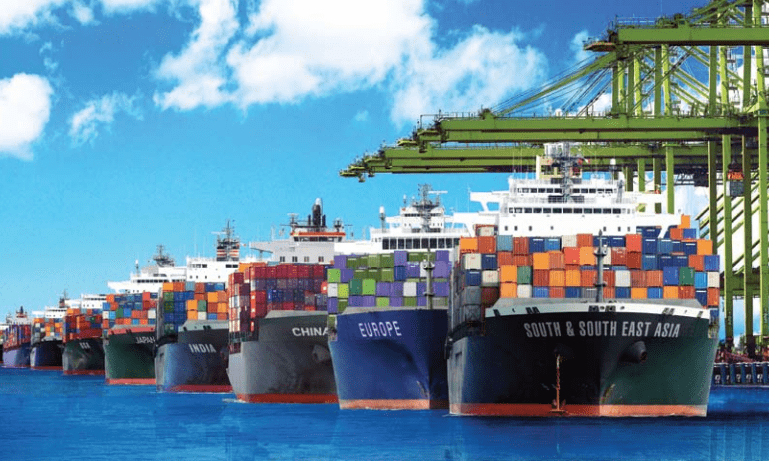A series of events has disrupted the world’s well-oiled supply chain systems, causing bottlenecks in land and sea transportation.
On this, Appleaseed Fund made a count of those bottlenecks that occurred in this year that is ending. He describes them as follows.
At the beginning of 2021, in March, the week-long blockade on the Suez Canal stopped maritime traffic on a vital transportation waterway linking Europe to Asia.
About 12% of world trade, 1 million barrels of oil, and about 8% of the world’s liquefied natural gas pass through the Suez Canal every day, all of which quickly came to a halt as a result.
Additionally, a series of coronavirus-related temporary closures of key ports in China and Vietnam have affected product exports over the past 18 months.
To date, more than 70 container ships are idle offshore in the ports of Los Angeles and Long Beach because there are not enough dockworkers to unload cargo, nor are there enough truck drivers to transport the goods.
These transportation disruptions have caused container shipping costs to quadruple compared to last year.
So the pandemic has highlighted that optimized supply chains, while highly efficient under most conditions, can be inherently fragile in times of extreme dislocation.
Bottlenecks and Covid-19
With the Delta variant causing a persistent risk of coronavirus infections, companies are scrambling to hire workers.
Federal unemployment benefits and ongoing child care obligations may be acting as obstacles to prevent many workers from re-entering the workforce.
Additionally, some workers have decided to change careers during the pandemic or retire early after a layoff.
Others are quitting jobs that require them to work full time in physical offices.
Roughly 10,000 Baby Boomers have retired each day, and that trend has certainly not abated during the pandemic.
The combination of all these factors and recent deglobalization trends suggest that the days of cheap and abundant labor may be long gone.
![]()

